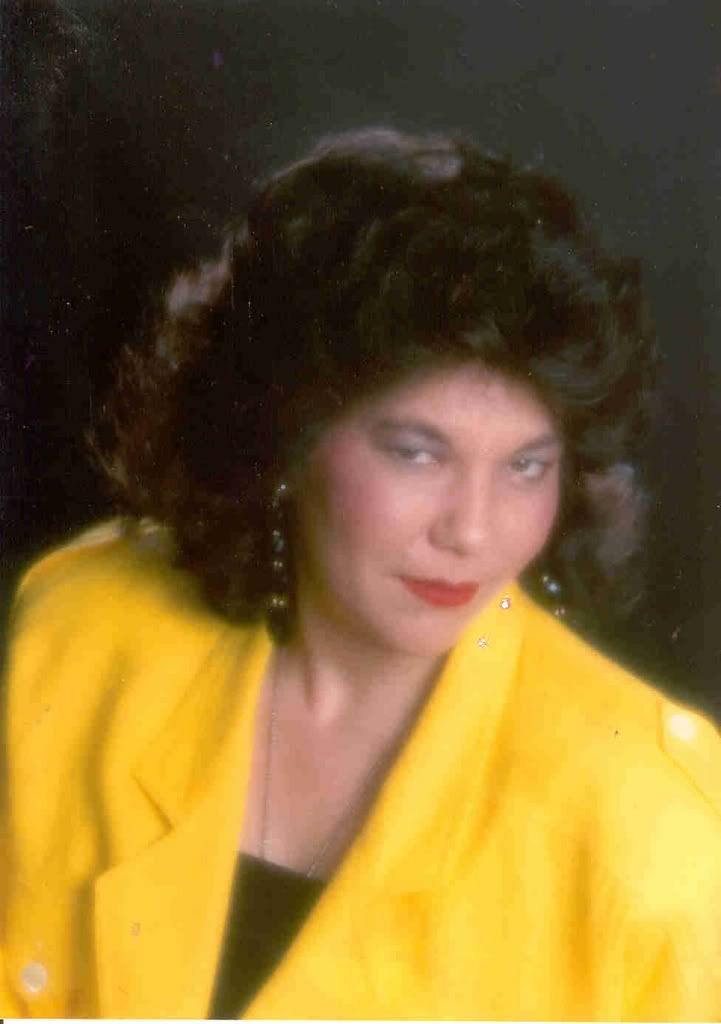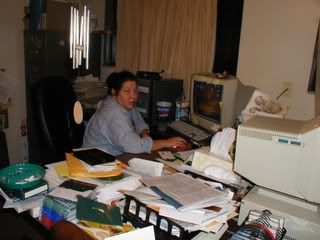Down Time~Well Sort of...
 know he was the agent at the time. A couple of author friends of mine were having lunch and he was at the table. We were discussing my new children's series of books. Jimmy, a fellow author, asked me if getting trademark infringement rights waived took a long time. I told him it took about as much time as an agent takes reviewing your query or partial. This received a laugh from fellow authors and a tap on the shoulder from the agent who was sitting on my left. Yes, I actually had my back turned to him instead of hanging on his every word. I guess it could have been an open-mouth-inset-foot moment, but he looked at me quizzically then laughed when he realized I wouldn't be hitting him up as an agent.
know he was the agent at the time. A couple of author friends of mine were having lunch and he was at the table. We were discussing my new children's series of books. Jimmy, a fellow author, asked me if getting trademark infringement rights waived took a long time. I told him it took about as much time as an agent takes reviewing your query or partial. This received a laugh from fellow authors and a tap on the shoulder from the agent who was sitting on my left. Yes, I actually had my back turned to him instead of hanging on his every word. I guess it could have been an open-mouth-inset-foot moment, but he looked at me quizzically then laughed when he realized I wouldn't be hitting him up as an agent. Then I packed my bags and drove to Warm Springs, Georgia. I had two reasons for going. One for a public appearance and two to take my daughter up there for school. There is no easy way to get there. It's all back country roads. There's not much to that little town except the warm spring, the rehabilitation center, and a quaint, little town. One of the biggest draws is the "Little White House," FDR days.
Then I packed my bags and drove to Warm Springs, Georgia. I had two reasons for going. One for a public appearance and two to take my daughter up there for school. There is no easy way to get there. It's all back country roads. There's not much to that little town except the warm spring, the rehabilitation center, and a quaint, little town. One of the biggest draws is the "Little White House," FDR days.  miles of road construction. Those miles felt like a thousand! Along the way around Baxley, my darling spouse complained of chest pains and shortness of breath. So it was a mad shuffle to find his nitroglycerin, aspirin, inhalers, his oxygen, etc. before we dash to the local emergency room. He is fine. My five-hour jaunt to my public appearance turned into a fifteen hour trip. This is one the main reasons I don't do too many public appearances these days, and settle for emails and blogging. Unfortunately, my cell phone and my wireless Internet would not work up in the mountains so I'm playing catch-up now. The return trip was uneventful other than rain again and logging trucks trying to take up the same space I was occupying on the road. You can't say my life is dull!
miles of road construction. Those miles felt like a thousand! Along the way around Baxley, my darling spouse complained of chest pains and shortness of breath. So it was a mad shuffle to find his nitroglycerin, aspirin, inhalers, his oxygen, etc. before we dash to the local emergency room. He is fine. My five-hour jaunt to my public appearance turned into a fifteen hour trip. This is one the main reasons I don't do too many public appearances these days, and settle for emails and blogging. Unfortunately, my cell phone and my wireless Internet would not work up in the mountains so I'm playing catch-up now. The return trip was uneventful other than rain again and logging trucks trying to take up the same space I was occupying on the road. You can't say my life is dull!I'll post some more on writing techniques after I take my husband to his cardiologist and rest up a bit. This old body and mind just doesn't spring back as quickly as it once did.












